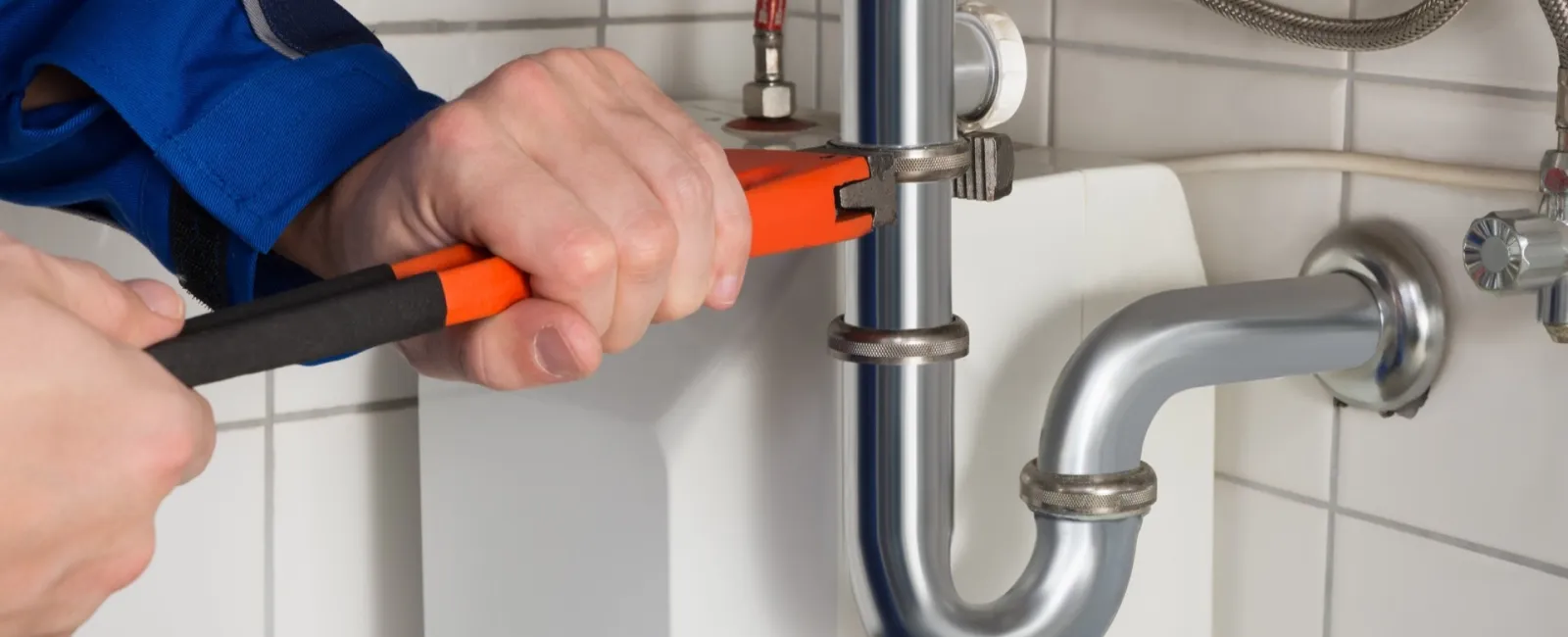Blocked drains, like taxes, are an inevitable part of life. Despite what advertisers say, solving the problem is not as easy as pouring some liquid into the stopped-up fixtures and letting it work its magic. Liquid cleaners are usually ineffective against blocked drains. Even worse, they are also caustic, as they contain potent acidic cleaners that can damage porcelain and sometimes even older trap pipes. In addition, your sink and pipes are now filled with acidic chemicals that may leak out onto hands and cabinetry when the drain lines are opened up to properly fix the blocked drain.
Enzymatic cleaners are a bit easier on the environment, but they are designed for preventative maintenance, not quick fixes, and can take a few days to clear a blocked drain.
For more information on the dangers of liquid drain cleaners, check out the U.S. National Library of Medicine report on the subject.
Fortunately, clearing a blocked drain can be easily taken care of by most DIYers.
For drains with pop-up stoppers, such as those in bathroom sinks, removing the pop-up plug and clearing away any hair, grease or other debris is a quick and easy way to remedy the problem. If the sink is full of water, take care to place a bucket and towel under the trap before loosening any parts. With necessary precautions taken, loosen the pop-up lever nut. This is located directly under the sink facing the back of the drain line. Remove the pop-up plug and clear away any obstructions. While the plug is off, look down the drain with a flashlight and remove any further clogs with a clothes hanger.
If the problem persists, the clog is likely further down the line. You can attempt to plunge the sink, though depending on the size and density of the blockage, this might prove futile.
If plunging and cleaning the pop-ups fail, you should contact a licensed plumber who can snake the line. While you can rent snaking equipment yourself, there is the risk of damaging the pipes, particularly with power augers, which can break through drain lines.
If you are dealing with a "slow block," in which the sink backs up after water has been running for a little while, your clog is likely very far down the line. In addition to the slow buildup, other fixtures in the home will be slow to drain, as well. This is a sign that the clog is somewhere in a main drain line (and perhaps caused by tree roots, which you may need a local Atlanta tree service company to deal with) and will likely require some heavy-duty equipment. To resolve this problem, you should call a licensed plumber, as the equipment necessary for this job is powerful, and the potential for injury is high for those without experience.
